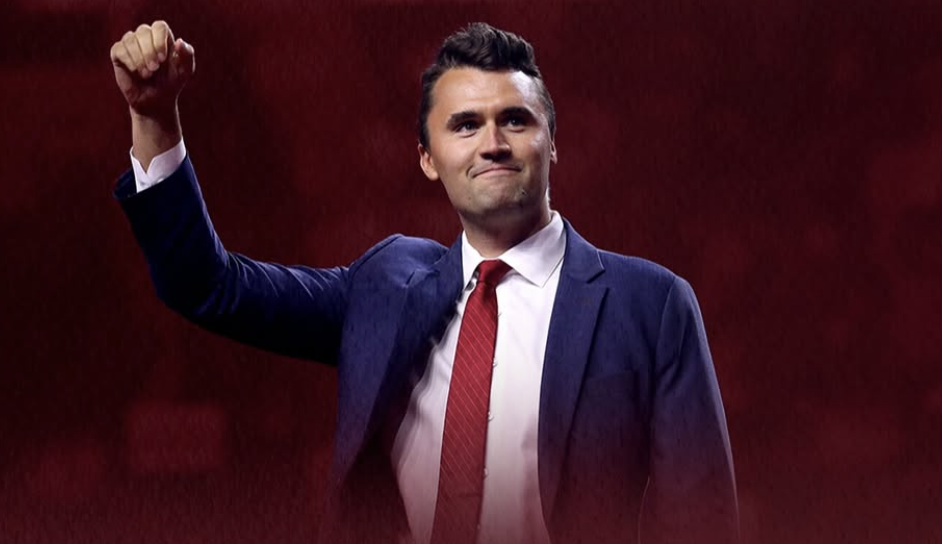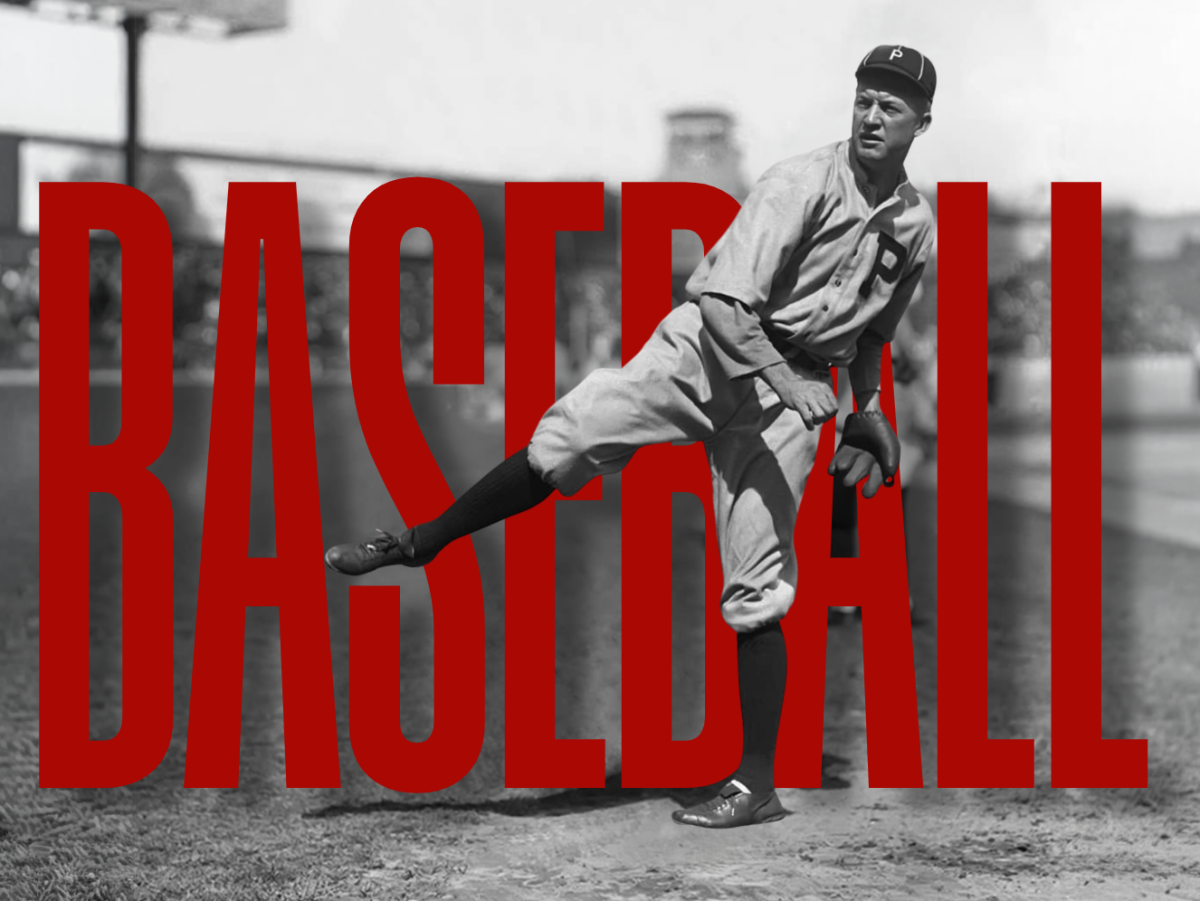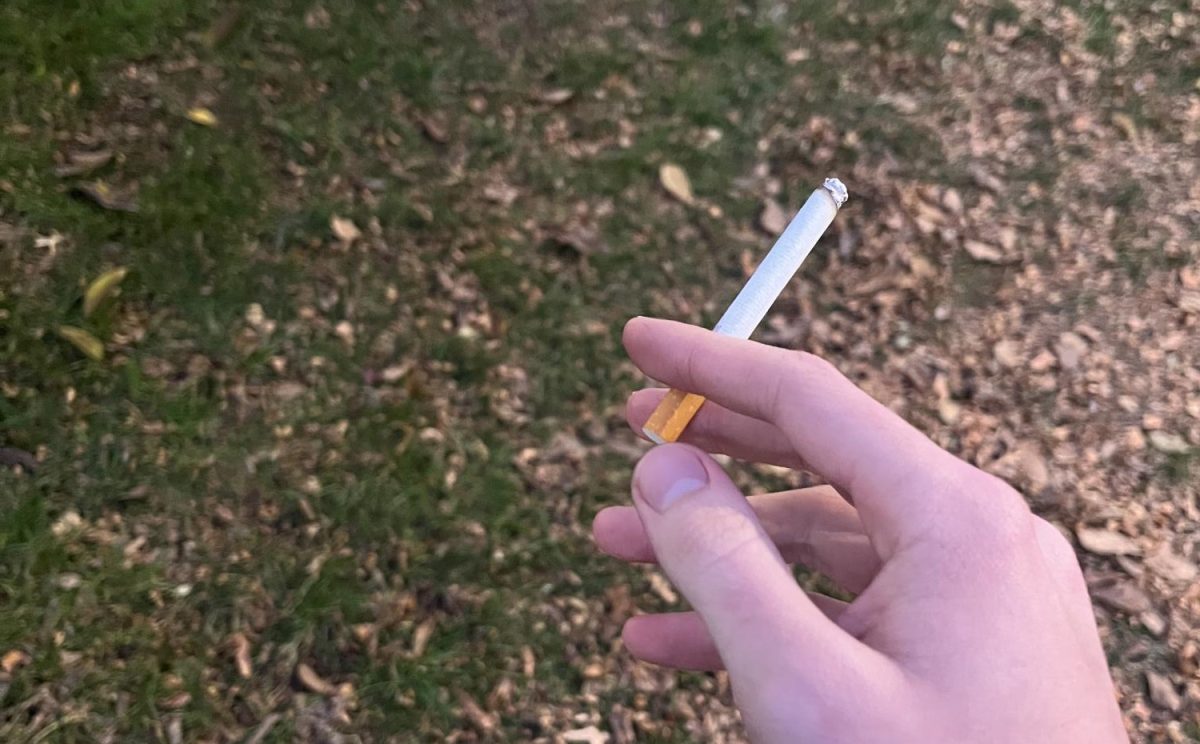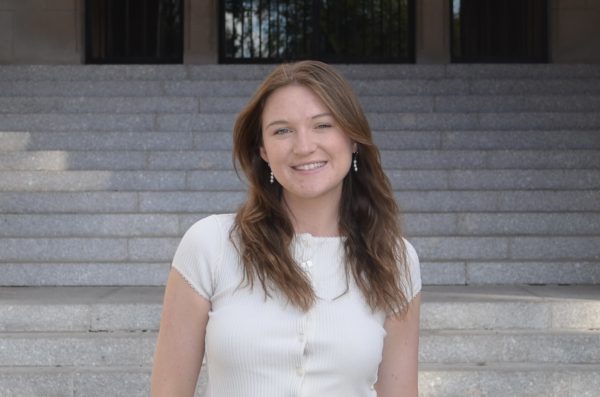What an awful beginning to the school year. Last week, conservative activist Charlie Kirk was assassinated. School shootings fill the headlines, with two children killed during a mass at Annunciation Catholic School in Minneapolis, Minnesota two weeks ago, and two students wounded at Evergreen High School. In August, a Ukrainian refugee was stabbed to death by a man with 14 arrests while bystanders on the Charlotte, North Carolina light rail stood silent.
This desecration of human life is overwhelming.
Yet some people reacted to Charlie Kirk’s death with malice, not empathy. The number of tweets, Instagram stories and conversations of people gleeful about his murder seems endless. Democrat lawmakers refused a moment of silence after hearing news of his assassination, instead shouting expletives regarding the tragedy. A prominent young journalist posted to her 200k Instagram followers her article “The Shooting of Charlie Kirk is not a choice between celebration and condemnation,” in which she says that “violence is sometimes necessary” and she “is glad Charlie Kirk will no longer spread his extremist messaging.”
We shouldn’t be surprised. The left has a long history of violence, especially towards the religious. It often becomes political violence.
From priests and nuns’ bodies being dug up and publicly displayed in Spain by the communist affiliated Republican party, to the wholesale desecration of churches in Soviet Russia, this calculated hostility to faith has played out over and over again. Even now, the Annunciation school shooter target practiced on images of a crucified Jesus.
Leftist regimes don’t end well. They usually end with thousands of innocent lives lost. I would provide further citations, but I encourage you to pick up any history book about Joseph Stalin, Mao Zedong, Pol Pot, Fidel Castro and many more.
When I ponder the spread of this evil, I often recall the startling photos of Sept. 11. Burning buildings in the Big Apple. Catastrophe in the capital of the world. The juxtaposition stirs something in my heart and my head. New York is considered the city of progress, of development, of prosperity, but we were paralyzed in a clash of civilizations on Sept. 11, 2001. We failed to recognize that we could be harmed, that we were, in fact, not invincible. We were drunk off our own success and apathetic towards our tradition and our future.
Fast forward 24 years, and this indifference continues all around us.
The right side of social media was enraged at Kirk’s assassination, but life seemed to carry on as usual. The frequent tragedies have numbed us. We are rightfully moved by things far and away, yet fail to see the same symptoms of evil creeping into our own everyday experiences. People walk by the 9/11 memorial near Finlay Hall without a glance, even as bells rang throughout campus marking each time the planes struck the twin towers of the World Trade Center. Why have our hearts become desensitized?
This indifference continues in the subtleties of life, too. Students walk around campus with their heads buried in smartphones. No one holds the door for the girl walking out of the McShane Campus Center with her packages back to her dorm. Students tune in when the professor is saying something important, but numb their minds with Wordle for the remainder of the class. I often fall victim to this indifference as I rapidly press the close elevator button, praying no one approaches to walk in. When will we wake from our sleep?
As I drove onto campus around noon on Opening Day, I greeted the man directing traffic into Fordham University told me, “I’ve been here since 6 a.m. and not a single person asked me ‘how are you’ until just now.”
We post to Instagram about injustices throughout the world, but ignore the lack of love literally right in front of us. A lack of charity that we are all complicit in. I see it in myself as I rush into my dorm, exhausted from a long day, failing to greet my own beloved roommates. When will we start caring about humans, rather than solely humanity?
It is almost wild how antithetical this apathy is to our Jesuit mission. Vice President for Mission Integration and Ministry, Fr. John J. Cecero S.J., spoke with integrity as he exclaimed our institutional priority towards “reconciliation and justice” at the Mass of the Holy Spirit on Wednesday. I feel this desire deeply in my bones, as I know many of my Fordham compatriots do as well. But why do we often fail so deeply?
We need to remove the blindfold that prevents us from seeing our own inconsistencies. We need to be rooted in a real why — not just empty platitudes. We need to feel our Jesuit mission deeply in our bones and live it out loud.
In an age of apathy, intolerance and disconnection, we must herald authenticity. Fordham University can do this by promoting free speech. Classrooms and print publications must not be places of uniformity. We all know, Fordham’s free speech exclamations are rarely worth much. But do our campus institutions created to protect free speech do much to promote diversity of thought? We are often absorbed in that same uniformity that desensitizes us to violence and prevents us from seeing our own culpability.
Charlie Kirk’s murder signifies an America that has forgotten her roots. His assassination was an attack on the American ideal. He died with a microphone in his hand. He was exercising the pinnacle of our American experiment: the free exchange of ideas. If universities are now places of rigid thought, authentically tolerant discourse is unlikely to happen. Without a dialogue like this, we cannot claim to be free. Breaking the spell of complacency requires true curiosity and gratitude.
Let us strive to become captivated by our neighbors and become men and women for others — not just in service, but in discourse, compassion and courage.
Abigail Adams, FCRH ‘26, is a philosophy major from Alexandria, Virginia.







































































































































































































